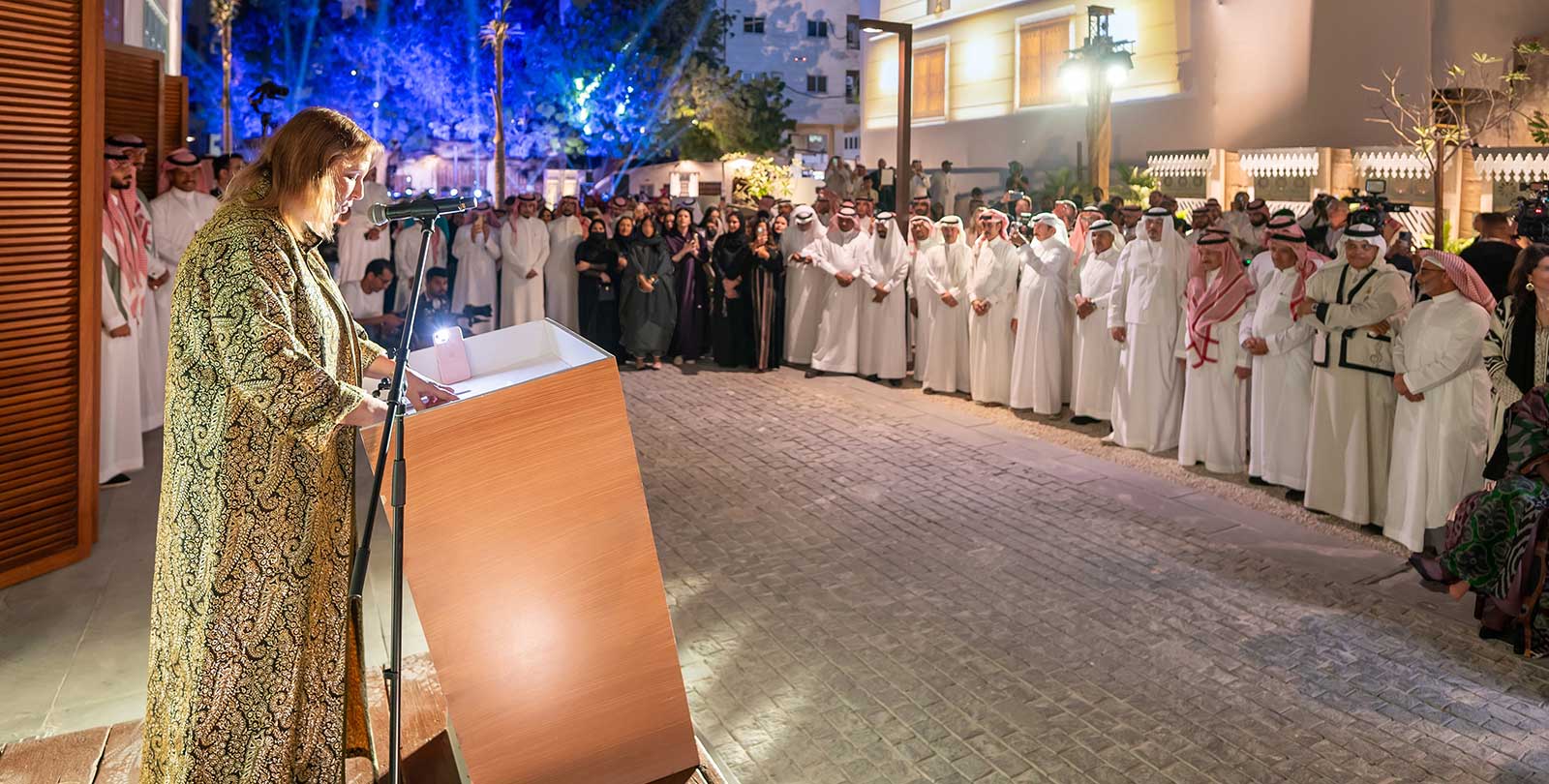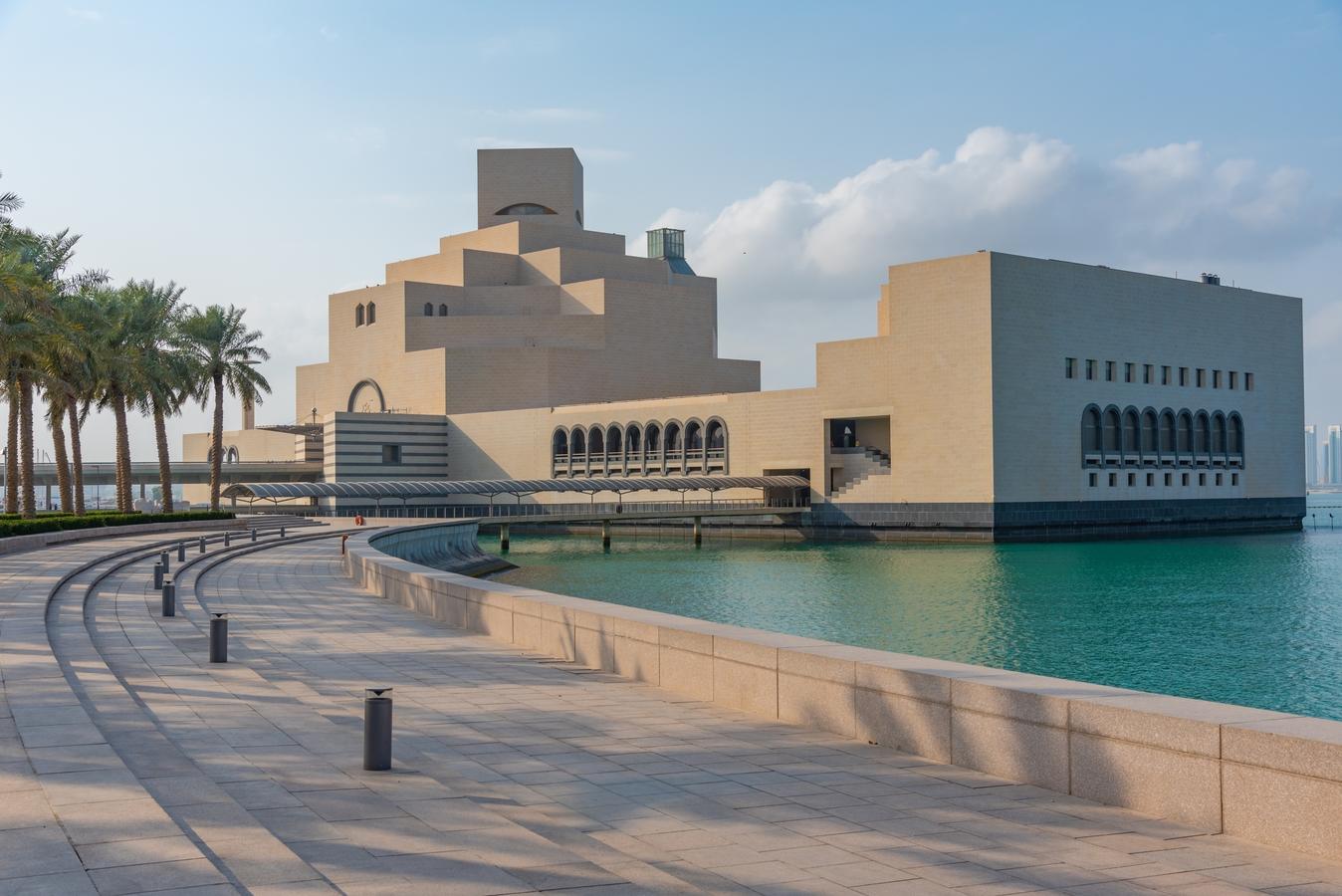For decades, understanding the application of Islamic law (Sharia)in Saudi Arabia posed significant challenges. One persistent issue was the tendency to interpret laws without considering relevant circumstances, leading to rigid adherence that often overlooked the spirit of Sharia. This lack of contextualization left individuals bound by inflexible interpretations, straining their faith in the legal system.
Personal Impacts of Legal Ambiguity
Consider the case of a widow worried about her son’s custody when he turned 15. Traditionally, custody transfers to the father at this age. However, what was often ignored is Sharia’s stipulation that the father’s family must provide financial and emotional support while the child resides with the mother. Unfortunately, this provision was not upheld, exemplifying the inconsistencies that have long plagued the legal landscape.
Challenges for Foreign Investors
This inconsistency extended to Saudi Arabia’s reputation in the global business community. Foreign investors, unfamiliar with the nuances of Sharia, often faced unpredictable legal outcomes influenced more by judges’ personal interpretations than codified law. While Sharia itself offers clear guidance, the absence of standardized application created confusion and eroded trust—an issue noted in the World Bank'sinsights on the Saudi business environment.
Steps Toward Modernization
Recognizing the need for reform, the Saudi government initiated a groundbreaking legal transformation in 2021. The Main Committee for the Preparation of Judicial Legislation began codifying key areas of Saudi law, bridging tradition with the demands of a modern legal system. This effort led to the creation of unified codes in four critical areas: Civil Law, Criminal Law, Evidence, and Personal Status Law.
These reforms aim to streamline the legal system, enhance consistency, and promote clarity. By codifying Sharia-based provisions into modern legal codes, Saudi Arabia seeks to reduce reliance on personal opinions and provide a standardized framework for its legal system.
Addressing Long-standing Issues
Among the most transformative changes is the new Personal Status Law, which revisits sensitive issues such as marriage, divorce, and child custody. Previously, divorced women faced limited rights and support. Today, they can become legal guardians of their children and claim alimony and childcare support—marking a significant step toward gender equality.
The Civil Transactions Law further modernizes legal practices while staying rooted in Islamic principles, such as the prohibition of interest payments. It allows individuals to claim compensation for non-material damages, such as emotional distress or loss of income due to business interruptions—reforms that reflect a nuanced understanding of contemporary life.
For example, a shop owner whose property is destroyed can now claim compensation not only for the physical loss but also for emotional harm and missed income opportunities, provided they are clearly defined and measurable.
Improving Accessibility and Clarity
A significant achievement of these reforms is their accessibility. New laws are written in modern Arabic, making them easier to understand for everyone—from legal professionals in Riyadh’s skyscrapers to small business owners in bustling souks. Historically, Sharia texts required specialized training to interpret, creating barriers for ordinary citizens. The new legal framework democratizes understanding, fostering a sense of security and equality among Saudi society.
Implications for Saudi Society and Global Perception
These changes are not merely technical adjustments—they represent a shift toward a more cohesive legal system that balances tradition with modernity. By addressing ambiguities and ensuring consistency, the reforms enhance Saudi Arabia’s international reputation, particularly in the business world, where clear legal standards are vital for fostering investment.
Through these updates, Saudi Arabia aims to create a legal environment that empowers its citizens and aligns with global legal practices, ensuring a future where Sharia-based laws are consistently and fairly applied.









0 Comments
No comments yet. Be the first to comment!